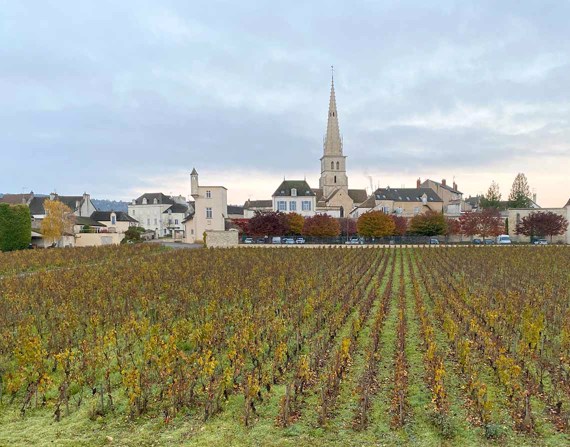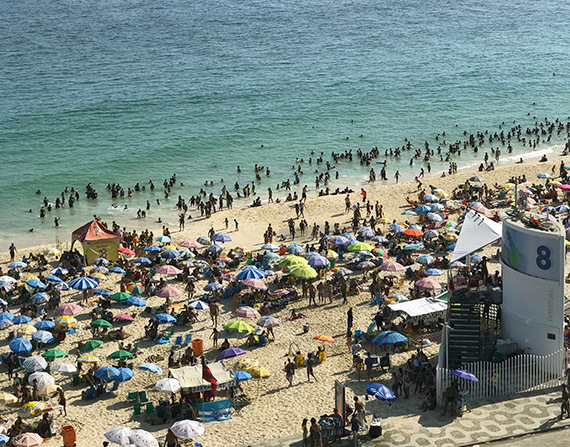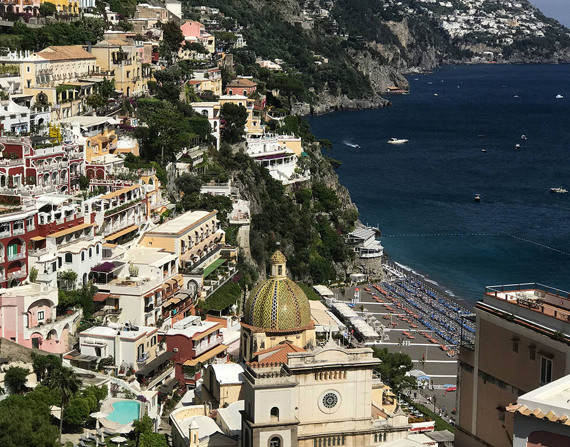Thailand: mai pen rai
Travelling can make us feel extremely happy, pleased and fulfilled. But this same positive vibration can also, sometimes, lead us to experience a worse level of anxiety towards the new destination that patiently waits for us. That was exactly what happened to me before going to Thailand. I was invited by the Tourism Authority of Thailand to be part of a select group of journalists that would travel to the country specially to attend the final coronation of King Rama X that is known as the Royal Barge: a historic event that took place at the end of 2019 in Bangkok. The Royal Barge Procession was the final phase of the Coronation of King Rama X and it recruited 2.200 oarsmen to row the 52 ceremonial barges along the Chao Phraya River. At the same time, six temples on both sides of the river held a Buddhist chanting ceremony in honour of Their Majesties. Everything was wonderful and remarkable, and I will never forget.
Back to where my story with Thailand began. I was invited precisely 20 days before the due day trip which caught me by surprise as I usually do not plan to cross two oceans and have my time zone upside down in such a short notice period of time. Also, being invited to attend a Royal Ceremony in Asia was just something beyond I could ever imagine. These were not a problem by any means but the combination between "enthusiasm and anxiety" became so meaningful to me also because I had been nurturing a dream to visit Bangkok for the last three years. Somehow, I knew this trip wouldn't take long to happen although I just didn't think it would happen this way.
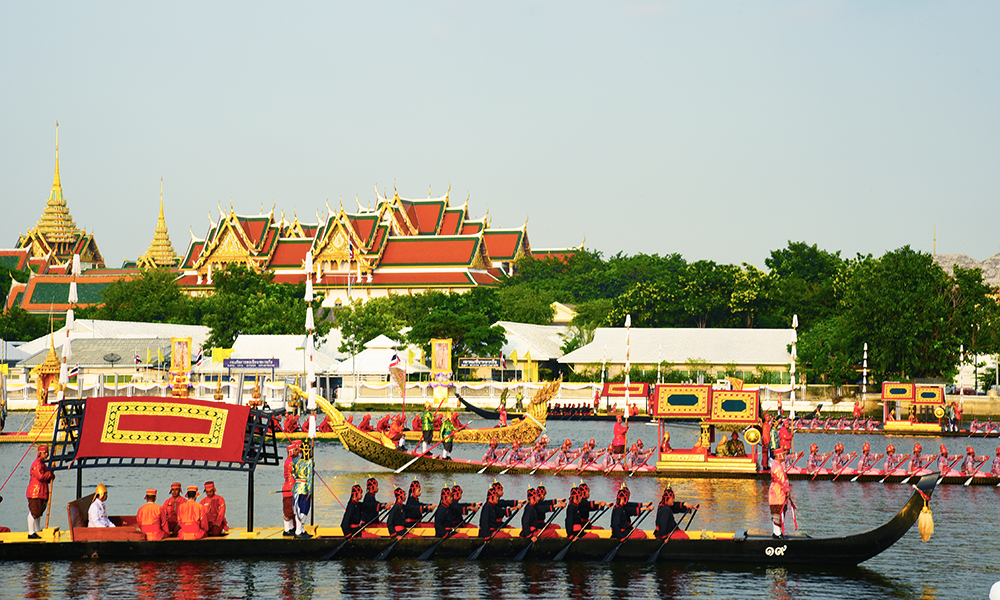
A few days before my departure I was chatting with an American friend that lives in Bangkok. She said something that made all the difference not only at that moment but especially when I realised the true meaning of the sentence: mai pen rai. Which basically means "let go", "never mind". This is one of the most important expressions that one can learn when visiting Thailand. Mai pen rai has 100% to do with the Thai people's mind-set. This was everything I needed to hear before emerging myself into this ocean of uncertainty.
The truth is that most of us are not quite prepared for the impact (in a positive way) that means visiting and feeling Asia. When exploring the Asian countries for the first time I think both our mind and heart can become really overwhelmed, not only because of their habits, culture and lifestyle but, especially, in my opinion, because of the everlasting spirituality. There's a spiritual vibe in Thailand's atmosphere that draws our attention that we simply cannot be oblivious to. Mai pen rai is one of the wisest expressions I've ever learnt - so much that I tattooed mai pen rai on my right arm. I suddenly began to realise that a few things I used to be so much attached to - such as past events, cycles of life, ending relationships, money, status - somehow, they all started to receive less attention from myself.
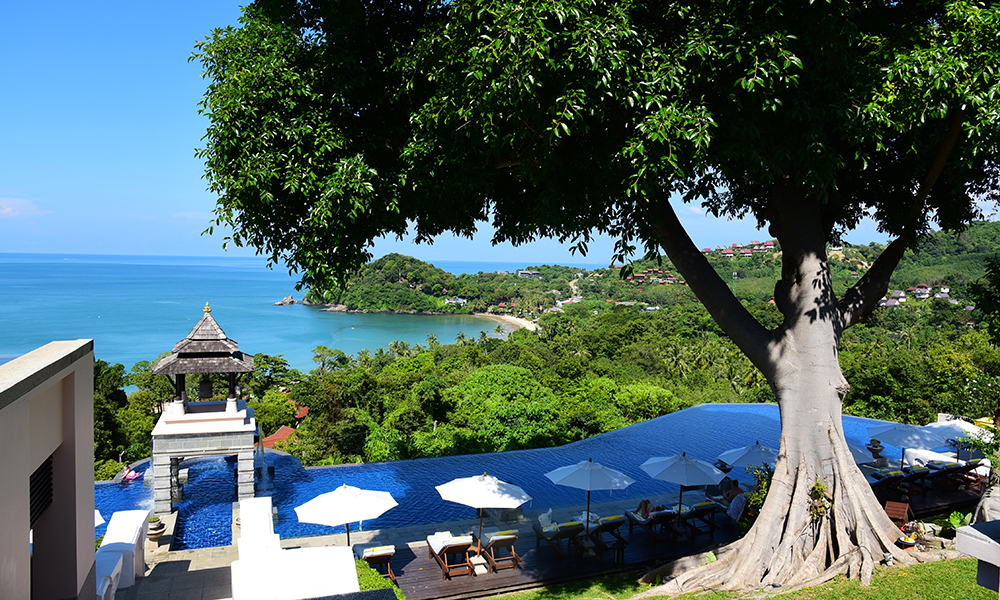
Aside from the emotions of which most of us won't be able to deny and avoid to feel in Thailand (such as calmness, connection, lightness), I would start recommending to spend at least one week in Bangkok. The country's capital is such a rich and vibrant city that doesn't deserve less of our time. There are wonderful places to eat, drink and to have fun (and, why not, to have a "Bangkok Love Story") as well as wonderful boat tours by the Chao Phraya River.
The Buddhist temples can also make one's sensitive eyes flood with tears. Not to mention stunning shopping malls and an efficient public transport. The city caters to everyone's tastes and crowns off our five-star experience by offering cheap Spa treatments all over the city and unforgettable landscapes to admire. The cost of living is so low that tourism takes huge advantage from it. And if you think about the intangible value of the emotional experiences that travelling to Thailand offer us (the ones that remain inside us forever) it literally costs so little to take on that adventure.
Thai people are friendly and polite. They are always smiling and willing to help and to serve in a gentle and effortless way. There's a friendly salutation of which they practise every day usually to say "Hello" or "Good Morning" or "Goodbye": with their hands next to their chin, the Sawasdee salutation sounds like a sweet melody at the same time that they bow, in a delicate and elegant reverence. Sawasdee is accompanied by krab at the end, if the person is a man, and ka, if it’s a woman. It is just like the Western handshake but in a more courteous manner and with more devotion, in my opinion, inspiring a genuine smile in return. Not to mention their kindness when they give you a Phuang Malai flower garland, a welcome symbol that’s also used as an offering inside the temples and welcome gift in hotels.
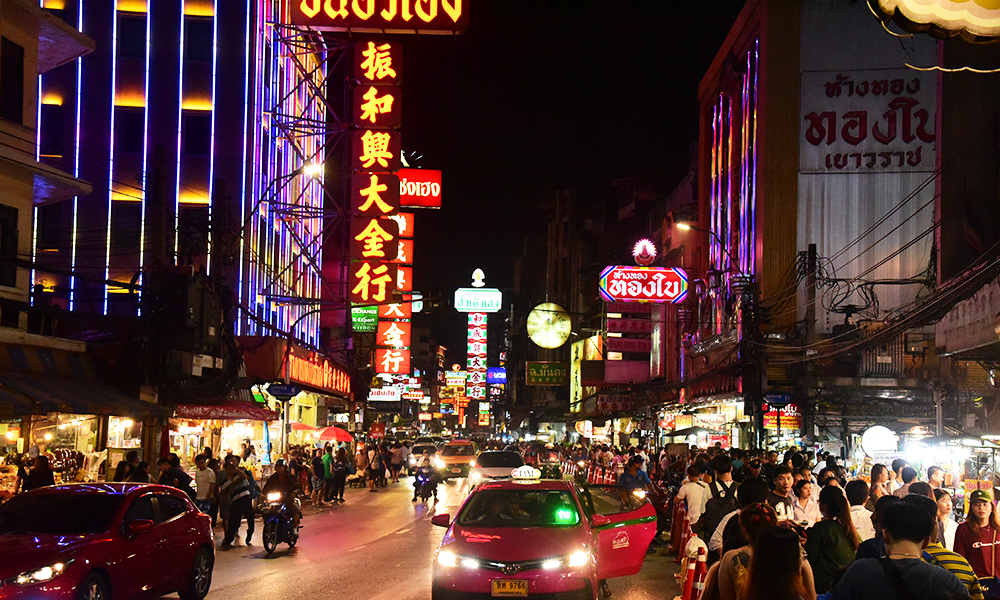
Besides the richness of Thai cuisine, one of the most striking aspects of the culture is the religion: 95% of the population is Buddhist. Buddhism is clearly intertwined in almost every aspect within the Thai life. Regardless of being religious or not, it's impossible to stay oblivious to the strong spiritual energy that accompanies us both inside and outside of the over 40,000 temples in the country. There are so many temples that you’ll never be able to visit all of them in a lifetime.
Thai people can also be very superstitious and one of the most eye-catching examples of spiritual worship are the ornate Spirit Houses spread throughout the country (in front of public spaces, houses, markets, banks, hotels and so on). These houses - small or big, simple or heavily embellished, made of wood, concrete or brick - are known as san phra phum and symbolise a gesture of goodwill towards the spirits that once lived and still reside there. That's why the meaning of building the Spirits Houses are both as a shelter to the spirits, and as a means of asking permission to use the land. Remember to pay attention to the offerings left around these houses, in the form of incense, candles, flowers, food and drink. They are very interesting and beautiful.
Thailand is a small country and easy to get around, surrounded by gorgeous islands, temples and historical sites. It's quite understandable when people choose Thailand just because of its islands - which are really worthwhile. But to me it is out of the question to visit Thailand and not spare a day to go to Ayutthaya, one of the country's former capitals (one hour by car from Bangkok). We can see and admire as many temples as we want to in Thailand, but nothing compares to the uniqueness of those in Ayutthaya. It's breathtaking! I get goosebumps just to think about the colours and drawings left in the ruins of the temples. The city was destroyed by the Burmese Empire in the 18th century and the architecture was influenced by three countries: Cambodia (visible in the structures of the temple towers in the shape of “corncobs,” called phrang), Sri Lanka (in the stupas, which are towers that resemble bells) and India (with images of Buddhas). All this richness is scattered across an archaeological site listed by UNESCO, which, in turn, doesn’t allow any interferences thereby preserving its original integrity.
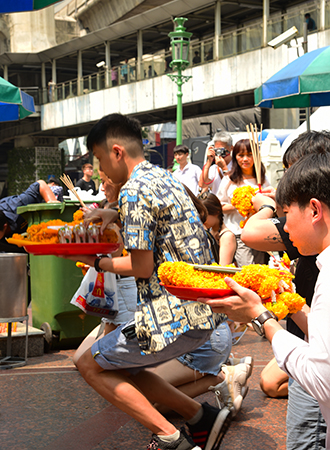
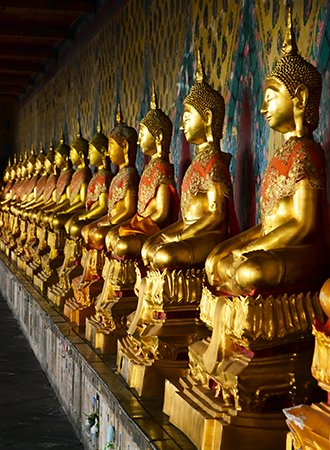
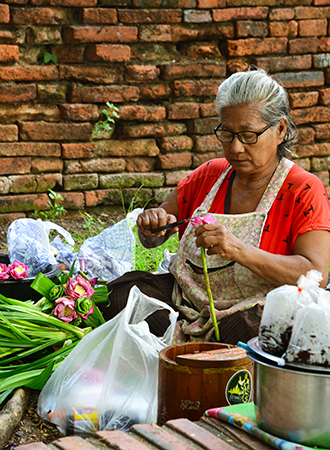
Speaking about islands, there are over 1,400 and tourism has increased so much that some operate with a huge flow of foreigners such as the famous Phuket (of the tragic tsunami in 2004), Phi Phi or Samet. I prefer to explore and recommend the less crowded ones for instance Koh Lanta, which is likely to become one of the most coveted islands in a few years, according to people who have been visiting it for a long time. There is a plane from Bangkok to Krabi, followed by a boat and car trip which takes around four hours in total. Everything on this island is perfect: the colour and temperature of the sea, the sunset, the abundance of nature, the sensations that will take you to a perfect oasis.
There's more to say about Koh Lanta in a different story but first here's some important tips before journeying yourself in Thailand:
When to visit Thailand: it can be visited all year long but bear in mind that it is hot for 365 days a year! I would only pay attention to the rainiest months. For instance: it rains a little bit more between July and September in the Andaman Sea region (Phuket, Krabi, Phi Phi e Koh Lanta) whilst in the Gulf of Thailand (Samui, Koh Tao, Koh Phangan) there are rainier days between October and November.
How long should I stay in Thailand: I would say at least 15 days to really absorb what the country has to offer and I would combine places such as Bangkok, islands and historical sites. Depending on where you live/your city of departure, you should be able to combine these places in 10 days. But if you are departing from a very distant country you will not avoid the endless flight hours and time zones. So, this might make you feel weary and I would then choose 15 days instead.
Is Thailand expensive?: you can do so much by paying so little. The official currency is called baht and despite its changes over the years, the most up-to-date exchange range would mean something like 100 baht equals to about 3,18 USD. A cup of coffee costs generally 35 baht. A single ride in the efficient BTS public transport costs 59 baht. You can eat simple street-food and only pay 30 baht. In the more sophisticated restaurants with air conditioning a meal can cost between 200 - 500 bath.
Transport network: cities such as Ayutthaya and Kanchanaburi can be easily reached by car from Bangkok. They are very much worth the visit. But if you are planning to escape to the paradise islands you should consider the airport in Bangkok that takes you to Krabi or Phuket (Western side islands) or even straight to Surat Thani and Koh Samui, to visit the Gulf of Thailand's islands.



